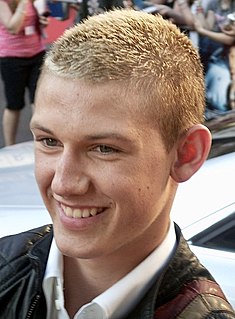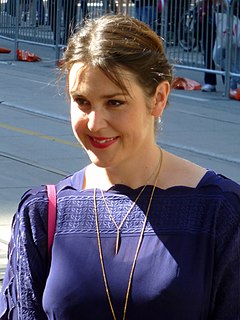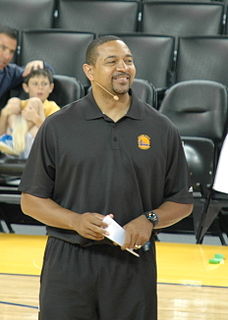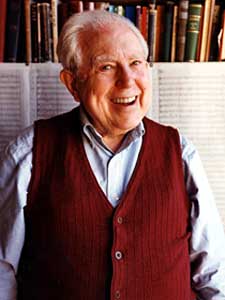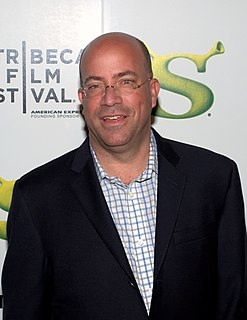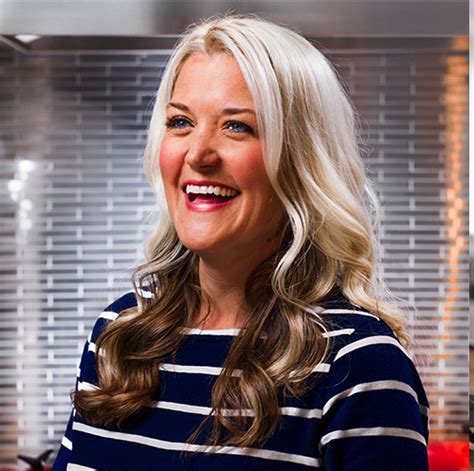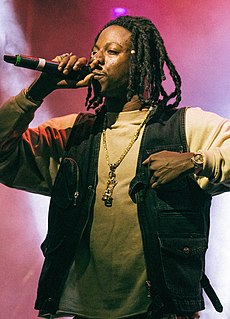A Quote by Jim Woodring
Doing a story about my mundane, waking life, how much I don't like my job, or breaking up with someone, I don't think so. Those stories don't interest me that much as a general thing.
Related Quotes
I like movies that interest me and stories that interest me, I don't think about how much money it's gonna [cost] to make the movie, I don't think about any of that. I think about certain aspects like who's making the movie and who's gonna tell a story that I wanna be involved in, but I don't have that choice and I never have.
I feel like any actor should always be thinking about how to serve the story. The thing to be cautious of is trying to make too much of your "moment," or whatever. The story is a lot bigger than you, and you're there to help it along. The thing to think about is whether what you're doing is true to the moment and where the story's going, rather than going, "Here are my scenes. What can I try and do to make the most of them?"
To me, it's an assignment, and my job is to tell the story. To me, it's easy, and to me, it's what I'm paid to do and what I've dreamt about doing from day one. Sometimes people don't like the stories, but it is what it is. So to me, I absolutely feel like no matter, if I'm calling a game between my brothers or my parents, the facts are the facts. The story dictates itself to me, and I relay the message to the viewers as well as I possibly can. That's going to be my job whether it's the Warriors or anybody else.
My life after childhood has two main stories: the story of the hustler and the story of the rapper, and the two overlap as much as they diverge. I was on the streets for more than half of my life from the time I was thirteen years old. People sometimes say that now I'm so far away from that life - now that I've got businesses and Grammys and magazine covers - that I have no right to rap about it. But how distant is the story of your own life ever going to be? The feelings I had during that part of my life were burned into me like a brand. It was life during wartime.
The thing I like so much about short stories is that there isn't as much of an investment of time so I'm free to experiment more. If it doesn't work out, I've only lost a week or two of work. If I screw up a novel I've lost at least a year's worth of work. But the nice thing is that those experiments with short stories can be carried over to novels when the experiments do work.
I think the reason the stories are briskly paced, when they are, is that I like story. I like stories where things happen and there are surprises and reversals, in addition to vivid characters and a memorable voice. So those are the kinds of stories I try to write. And it turns out that's pretty much the only kind of writing that works for TV. It's a medium that just devours story, demands surprises and reversals. So my sensibility is suited to TV storytelling, at least as we think of it today.
I want you to stop running from thing to thing to thing, and to sit down at the table, to offer the people you love something humble and nourishing, like soup and bread, like a story, like a hand holding another hand while you pray. We live in a world that values us for how fast we go, for how much we accomplish, for how much life we can pack into one day. But I'm coming to believe it's in the in-between spaces that our lives change, and that the real beauty lies there.
The difference when I'm writing a story versus writing a joke is that writing a joke is so much more about the structure and it's less about the conversation. To me, the thing that I love about stand-up is the intimacy between performer and audience.To get it even more conversational was something that really appealed to me and that I really enjoyed doing. My early experiments with it, with just telling a story from my life on stage, it was so satisfying to do. And seemingly for the audience as well. It's a different thing, and it's a different feeling and a different vibe.
I was watching lectures by Malcolm X, Martin Luther King, Dr. Sebi and Umar Johnson. It's super mind opening when you listen to those words and think about how much they still resonate today. Think about how true those words are, and how much they predicted the future. That was what was really mind-boggling to me.

